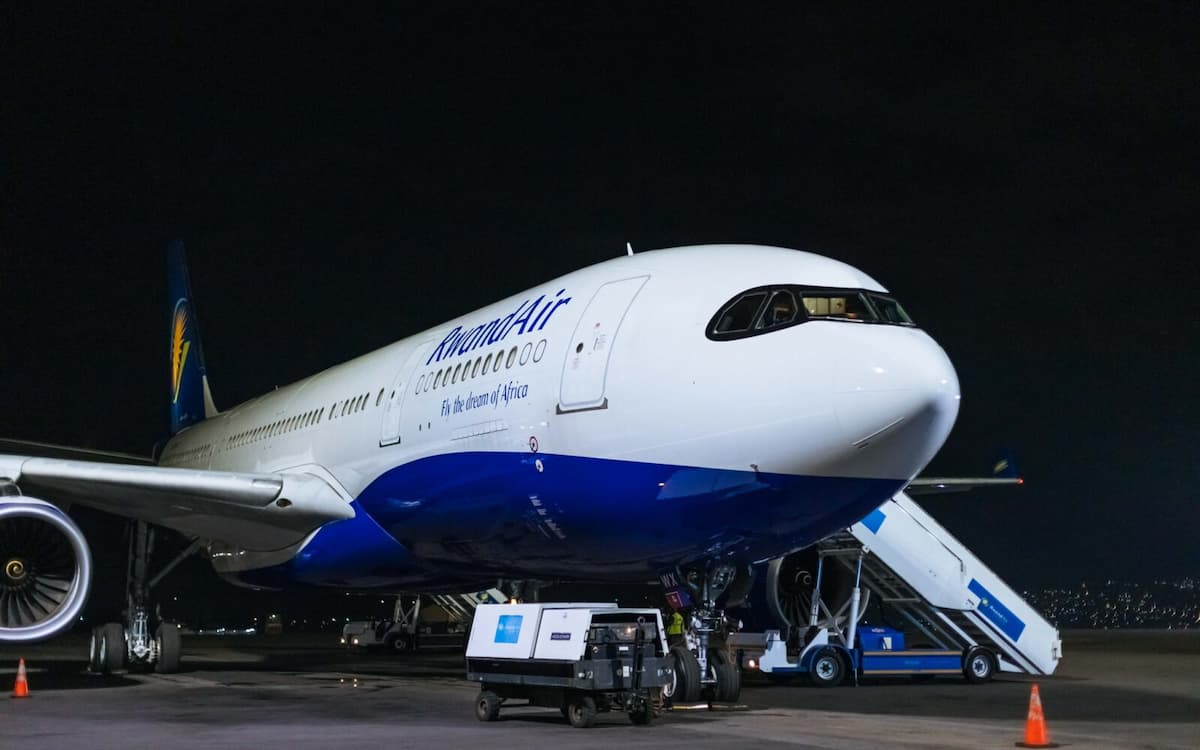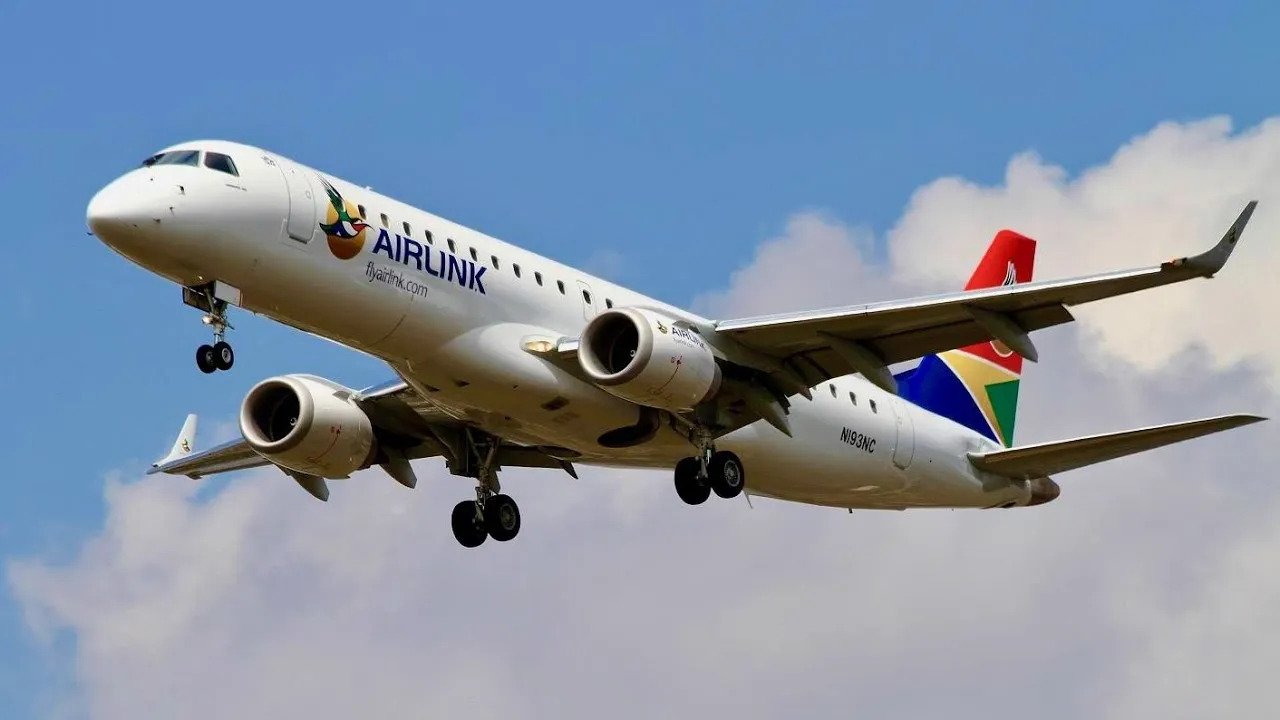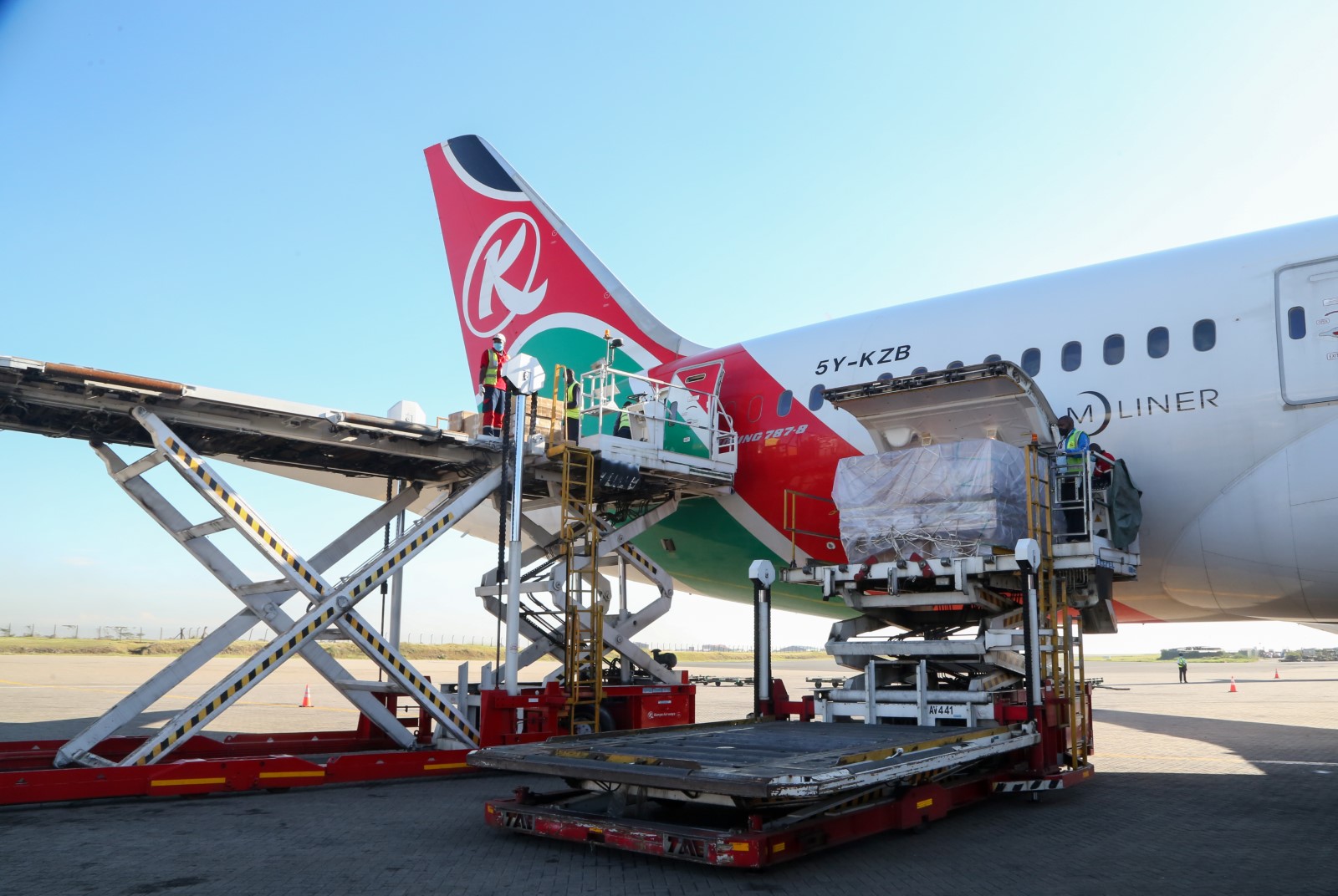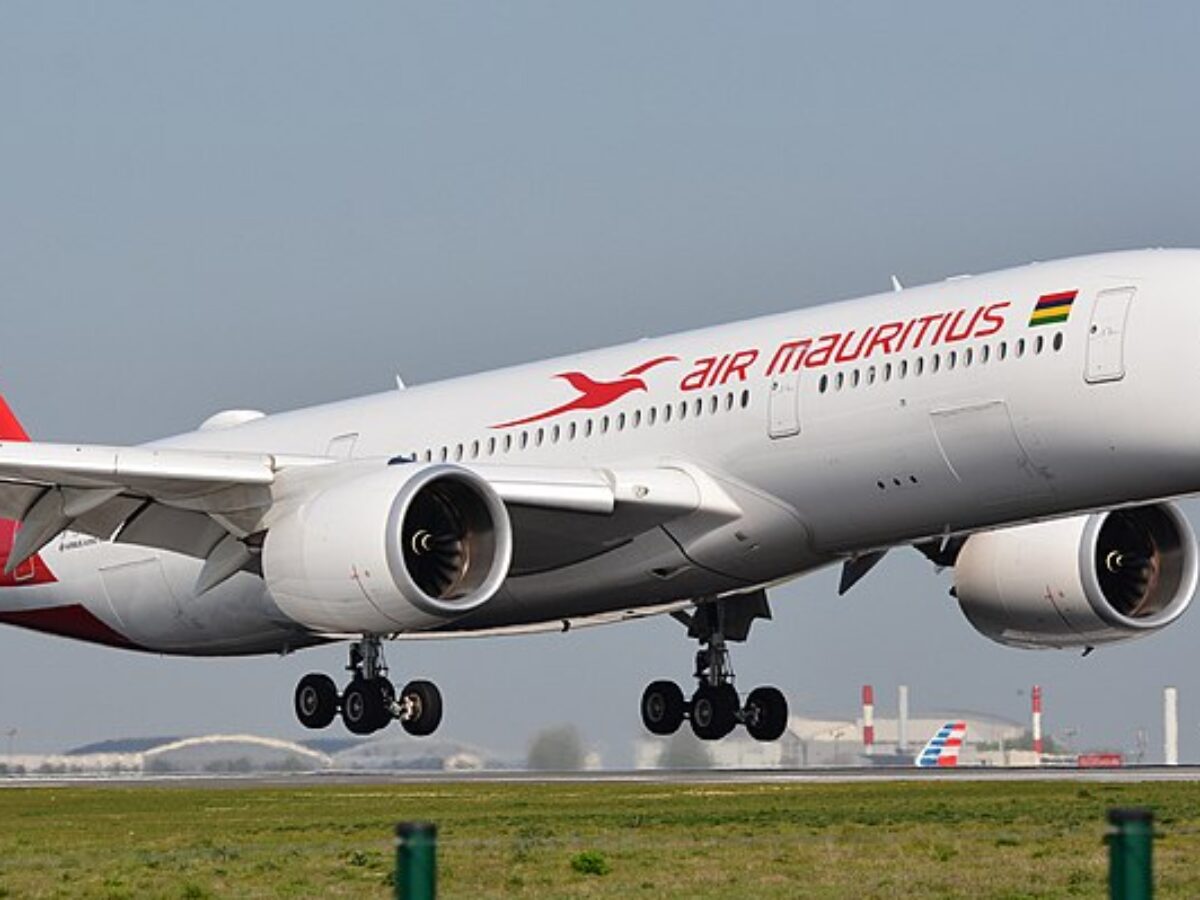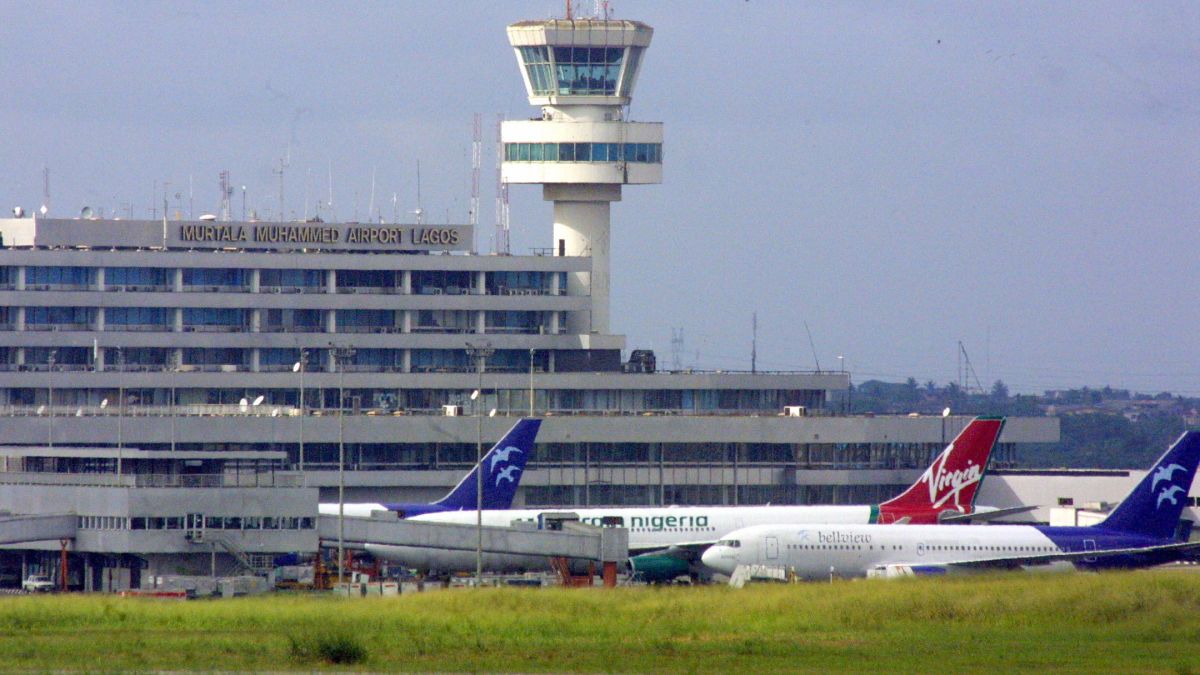Besides charging Nigerian air travellers exorbitant fares, aviation experts have raised concern over foreign airlines’ inability to repatriate trapped funds in Nigeria, insisting that Nigeria has become a country with the highest amount of foreign airlines’ trapped funds while highlighting its implications.
The implications according to them include the designation of Nigeria as a high-risk country in doing businesses related to aviation; the increase in insurance premium due to country risk and also the reluctance of lessors to lease aircraft to Nigerian carriers or to do so at very high cost.
Experts believe Nigeria having the highest amount of the trapped airlines’ funds is not good for the country because of the perception of Nigeria in global aviation industry.
Speaking, the Managing Director and CEO of Aero Contractors, Captain Ado Sanusi told THISDAY that said that the Maintenance, Repair and Overhaul (MRO) facility owned by Aero Contractors, benefit from credit guarantee extended to MROs by suppliers, but explained that this might be suspended because of the rising amount of trapped airlines’ funds in Nigeria.
He noted that in global reckoning, the policy or action taken by a country influences how the companies in that country are treated.
He said no matter the goodwill enjoyed by a Nigerian company, international financiers, lessors and aircraft insurers like Lloyd, may not deal with any company in Nigeria without considering policies and actions taken by the Nigerian government.
“This is why the designation of a country determines how airlines in that country are dealt with. If a country is designated as high risk, it influences the way companies in the country are perceived and related with. So if the trapped funds are not remitted to the airlines and the funds keep piling up, it is not good for the country.
“It will affect Nigerian airlines when they want to lease aircraft. Some lessors may not want to deal with the airlines because of country risk. They may ask the airline to pay almost two times what an airline in another county will pay for similar leasing arrangement. We have what we call consumables in aircraft maintenance. Suppliers give MROs credit facility up to $300, 000 to $400, 000 but when the look at Nigeria and they see the piling airline debts, they may decide not to extend the guarantee to Nigeria. They will term Nigeria a high-risk country, so they won’t give us credit facility,” Sanusi said.
The International Air Transport Association (IATA) on Tuesday disclosed that the trapped funds belonging to foreign airlines operating in Nigeria had reached $734,721,097 from $662 million in January 2023.
IATA disclosed this in a letter addressed to the Minister of Aviation, Hadi Sirika, and signed by the Area Manager West and Central Africa, Dr Samson Fatokun.
Nigeria has remained the country with the highest amount of trapped airlines’ funds and in December last year, IATA published the countries with the highest trapped funds as follows: Nigeria: $551 million, Pakistan: $225 million, Bangladesh: $208 million, Lebanon: $144 million and Algeria: $140 million.
IATA had warned that the amount of airline funds for repatriation being blocked by governments had risen by more than 25% ($394 million) in the last six months and disclosed that total funds blocked then tallied at close to $2.0 billion.
It therefore called on governments to remove all barriers to airlines repatriating their revenues from ticket sales and other activities, in line with international agreements and treaty obligations.
IATA is also renewing its calls on Venezuela to settle the $3.8 billion of airline funds that have been blocked from repatriation since 2016 when the last authorization for limited repatriation of funds was allowed by the Venezuelan government.
IATA’s Director General, Willie Walsh, said: “Preventing airlines from repatriating funds may appear to be an easy way to shore up depleted treasuries, but ultimately the local economy will pay a high price. No business can sustain providing service if they cannot get paid and this is no different for airlines. Air links are a vital economic catalyst. Enabling the efficient repatriation of revenues is a critical for any economy to remain globally connected to markets and supply chains.”
IATA also disclosed that airline funds were being blocked from repatriation in more than 27 countries and territories.
On Nigeria, IATA stated that the total airline funds blocked from repatriation in Nigeria as at December last were $551 million, stating that repatriation issues arose in March 2020 when demand for foreign currency in the country outpaced supply and the country’s banks were not able to service currency repatriations.
But IATA also noted that despite the challenges, Nigerian authorities have been engaged with the airlines and are, together with the industry, working to find measures to release the funds available.
“Nigeria is an example of how government-industry engagement can resolve blocked funds issues. Working with the Nigerian House of Representatives, Central Bank of Nigeria (CBN) and the Minister of Aviation resulted in the release of $120 million for repatriation with the promise of a further release at the end of 2022. This encouraging progress demonstrates that, even in difficult circumstances, solutions can be found to clear blocked funds and ensure vital connectivity, “said the Regional Vice President for Africa and the Middle East, IATA, Kamil Al-Awadhi.
Foreign airlines now discourage the purchase of tickets in Naira due to the trapped funds and for them to accept Naira as means of payment they up the price of the ticket.
So the foreign airlines have close their low inventory (low fares) and open their high inventory for Nigerians who wish to pay for tickets in Naira, while the low inventory are available in dollars.
Any Nigerian traveller who wishes to buy ticket at low rate, as sold by the airline to other countries, must pay for ticket in dollars; otherwise, an economy return ticket that could be sold for $700.00 could be sold for N2 million.
Source: This Day

